Discover the 4 Best Journal Apps in 2025 to Boost Your Writing Routine
Advertisement
There’s something about journaling that feels grounding. Whether it’s to dump a string of anxious thoughts, map out goals, or simply write what you had for lunch—it just works. And sure, classic pen and paper have their charm, but let’s be honest: we don’t always carry a notebook around, and sometimes, typing is just easier. That’s where journal apps come in.
But with so many options out there, finding one that actually sticks can feel like a task. Some are too cluttered; others try too hard. So, I spent time testing what's out there this year, and four apps stood out—for all the right reasons.
The Four Best Journal Apps in 2025
Day One – Still the Gold Standard for a Reason
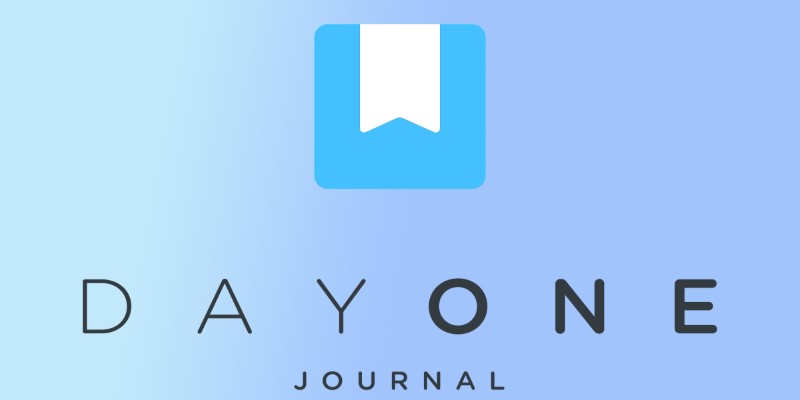
If you’ve ever looked into digital journaling, chances are you’ve heard of Day One. And in 2025, it still holds up. Actually, it’s better than ever.
What makes Day One special is how simple it feels—even though it does a lot. The layout is clean, entries are easy to make, and the syncing across devices is quick and glitch-free. But the real star? The way it automatically pulls in your location, weather, and even the song you're listening to while writing. It sounds small, but it adds a memory layer that's hard to recreate manually.
Day One also supports photos and voice entries, which makes it feel less like writing homework and more like a digital scrapbook. You can even lock certain entries behind Face ID or a passcode, which comes in handy if you’re journaling something... let’s say, personal.
Is it free? It can be. But if you want unlimited photos or to sync across devices, the premium version unlocks those. And honestly? If journaling is something you care about, it’s worth the few bucks.
Diarium – For People Who Like Things Organized
Diarium doesn’t try to reinvent journaling. It just does what it’s supposed to do and does it well. That’s probably why it’s quietly become a favorite among people who like order without complication.
The interface isn’t trying to win design awards, but it’s super functional. You open it, see your calendar, and click on the day you want to write about. It feels very “plug and go,” which is great for folks who don’t want a lot of distraction or learning curves.
One of the underrated things about Diarium is how well it integrates with your life. You can pull in fitness stats, social media posts, calendar events, and even travel logs. It's like your life feeds into the app without much effort from you, and suddenly, your entries feel full without you having to write paragraphs.
You pay once, and that's it. No monthly fees and no locked features. And that's pretty rare now.
Grid Diary – A Journaling App That Gives You a Gentle Push
Some people struggle with journaling because they don’t know what to say. “What did I even do today?” or “Do I just talk about my feelings again?” That’s where Grid Diary comes in.
Instead of handing you a blank page, it gives you a set of boxes—questions or prompts that change depending on the template you pick. Think of it like a conversation with yourself, except it’s structured.
A sample day might ask:
• What made you smile today?
• What challenge did you face?
• What are you grateful for right now?
It’s a small thing, but these prompts really help when you’re stuck or tired. You still get the benefits of journaling without the mental blank space.
The app also lets you create your questions if the default ones don't hit the mark. And yes, there's backup support, reminders, and sync options, but its true value is that it makes journaling less of a task and more of a check-in.
Reflectly – For the Ones Who Want Journaling to Feel Like Self-Care
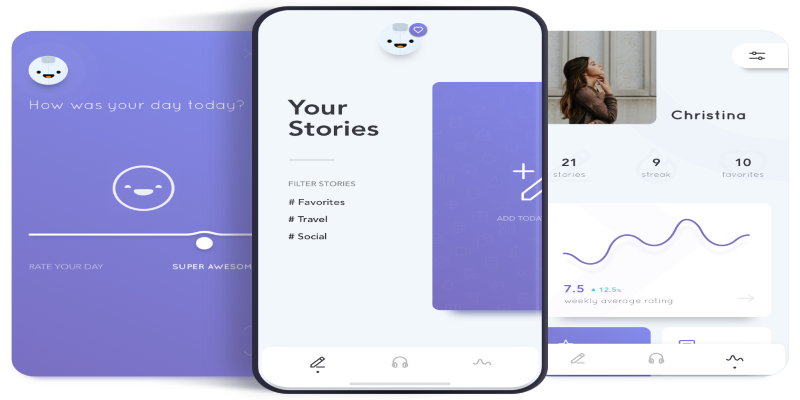
Reflectly has always leaned into the "mindfulness meets journaling" lane, and in 2025, it fully embraced that vibe. If the other apps are like talking to a friend, Reflectly feels like therapy-lite.
Everything about it feels designed to help you process your day gently. From the soothing colors to the soft tone of its prompts, Reflectly is less about remembering what happened and more about how you felt about it.
It starts each entry with a mood check-in. Then, it nudges you with a couple of questions that steer your mind into reflection mode. Over time, it builds a kind of emotional timeline—like tracking patterns in how you feel over days, weeks, or months.
It’s a good pick for people who don’t care much about photos or tags but want something to help them pause and think. Also, if you’re someone who’s dealing with stress or burnout, Reflectly won’t overwhelm you. It’s slow-paced in the best way.
There's a free version with limits and a paid one that opens up mood analytics and extra prompts. But even the free version does enough to make a difference.
So, Which One Should You Pick?
Each of these apps brings something different to the table. It really depends on how your brain works and what you want journaling to feel like.
Day One: The Full-Featured, Memory-Rich Journaling Experience
Diarium: A Structured, One-Time Paid Solution
Grid Diary: Ideal for Prompts and Gentle Structure
Reflectly: Perfect for Mindfulness and Emotion Tracking
Honestly, you can’t really go wrong here. The only mistake is downloading a bunch, trying each for 5 minutes, and then giving up because nothing stuck. Pick one that sounds closest to what you need. Give it a real week. Let it become a habit. Because journaling is more about the act than the app. But if the app makes it easier, that’s already a win.
Final Thought
Sometimes, it’s not about writing the perfect thing. It’s just about stopping for a moment, checking in with yourself, and putting down whatever comes up. Whether it’s through voice notes, typed entries, mood sliders, or photo memories—what matters is that you did it. These four apps make that process a little easier. And in a world that doesn’t always slow down, that’s more than enough.
On this page
The Four Best Journal Apps in 2025 Day One – Still the Gold Standard for a Reason Diarium – For People Who Like Things Organized Grid Diary – A Journaling App That Gives You a Gentle Push Reflectly – For the Ones Who Want Journaling to Feel Like Self-Care So, Which One Should You Pick? Final ThoughtAdvertisement
Related Articles

The 12 Best Digital Marketing Tools in 2025 to Amplify Your Strategy

The 8 Best AI Meeting Assistants in 2025 to Save Time and Stay Organized
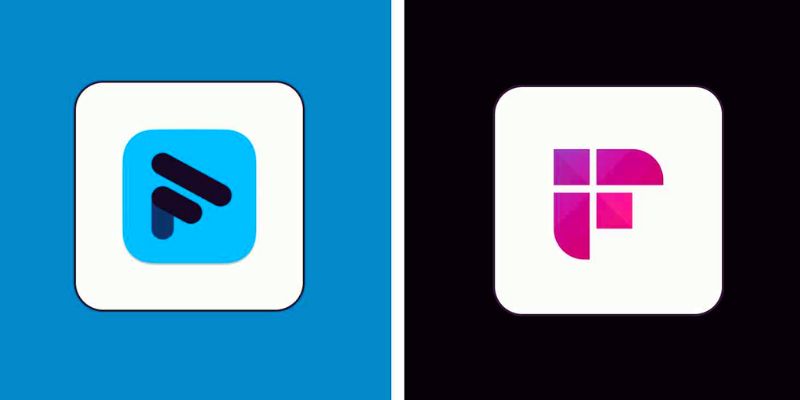
Fathom vs. Fireflies: A Comprehensive Comparison of the Best AI Note Takers

ActiveCampaign vs. tinyEmail: Comparing the Best Email Marketing Tools
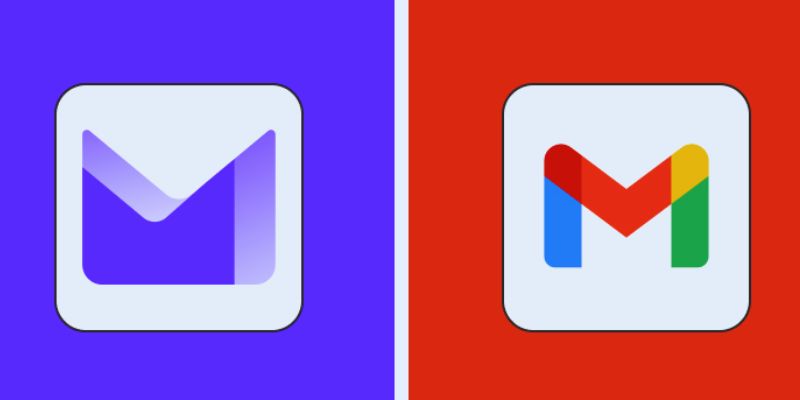
Proton Mail vs. Gmail: Which is the Best Email Service for You
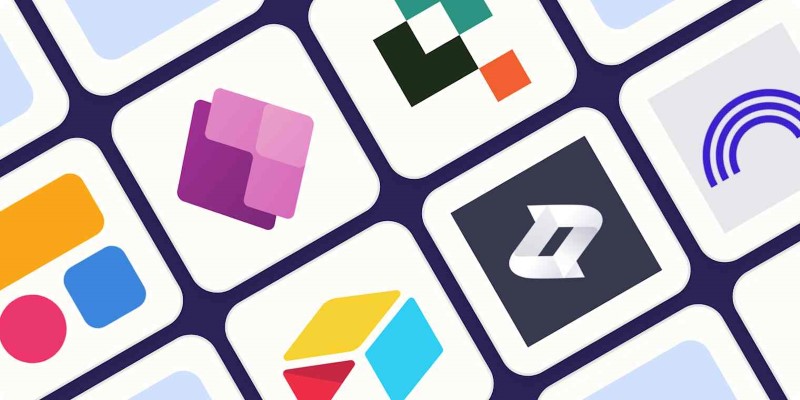
The 6 Best AI App Builders in 2025 for Fast, No-Code Development
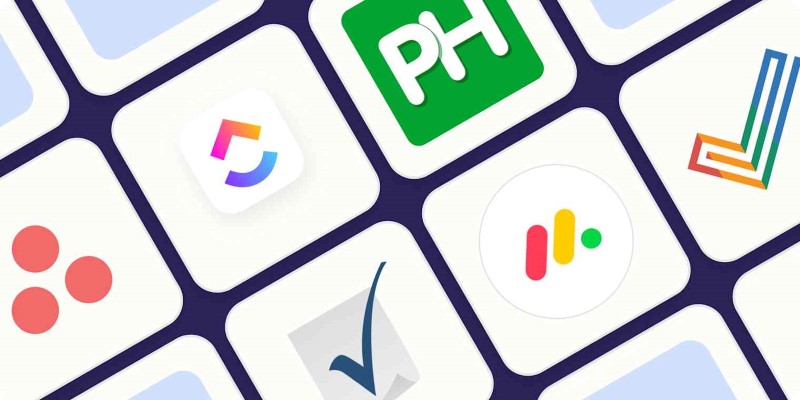
The Best Enterprise Project Management Software in 2025 to Keep Everything on Track

How to Easily Upload 4K Videos Recorded on Your Sony PMW
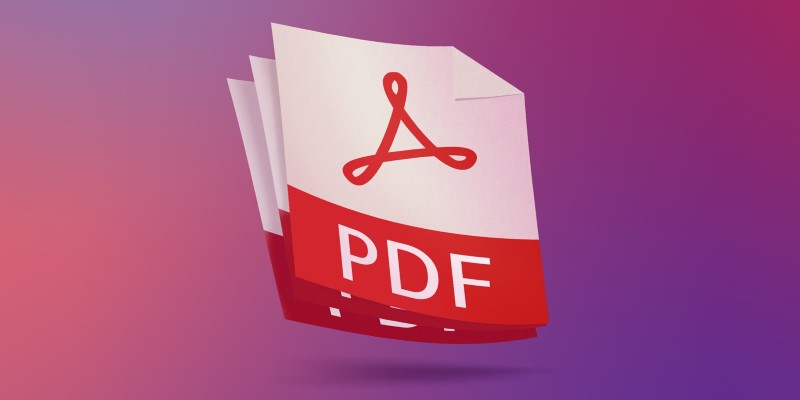
The 7 Best PDF Editor Apps in 2025 for Clean, Hassle-Free Document Control
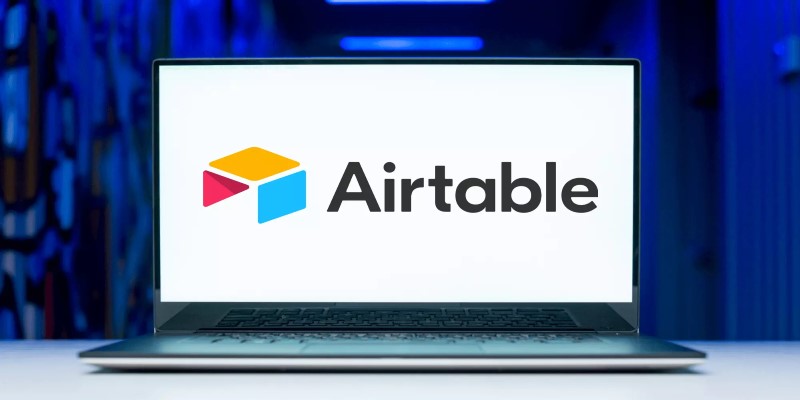
The 6 Best Airtable Alternatives in 2025 to Organize, Track, and Collaborate Better
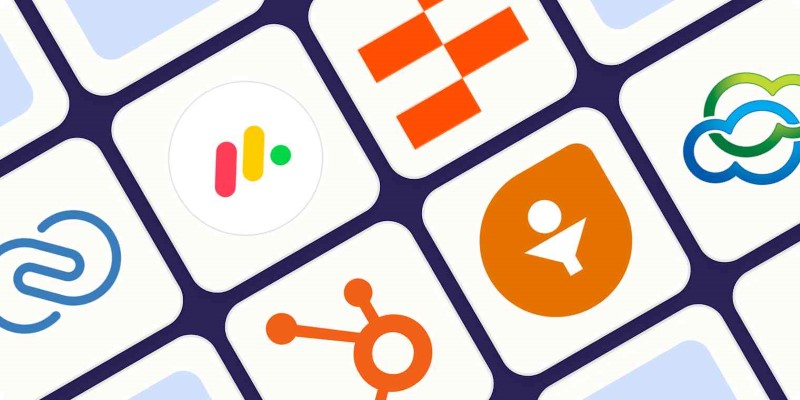
The 7 Best Client Management Apps in 2025 for Smoother Workflows and Happier Clients
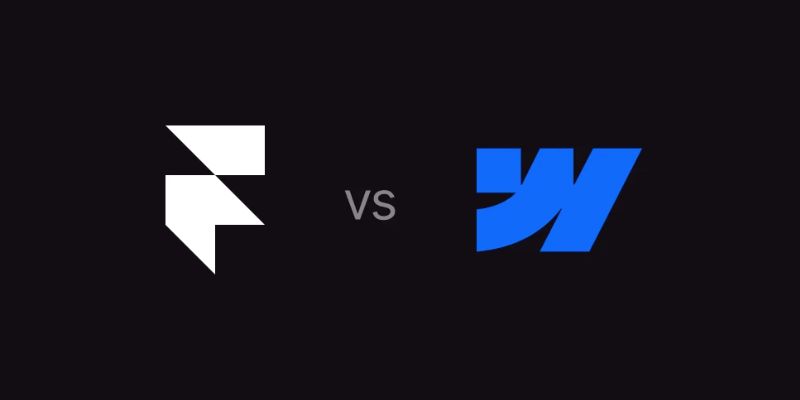
 lameuplay
lameuplay